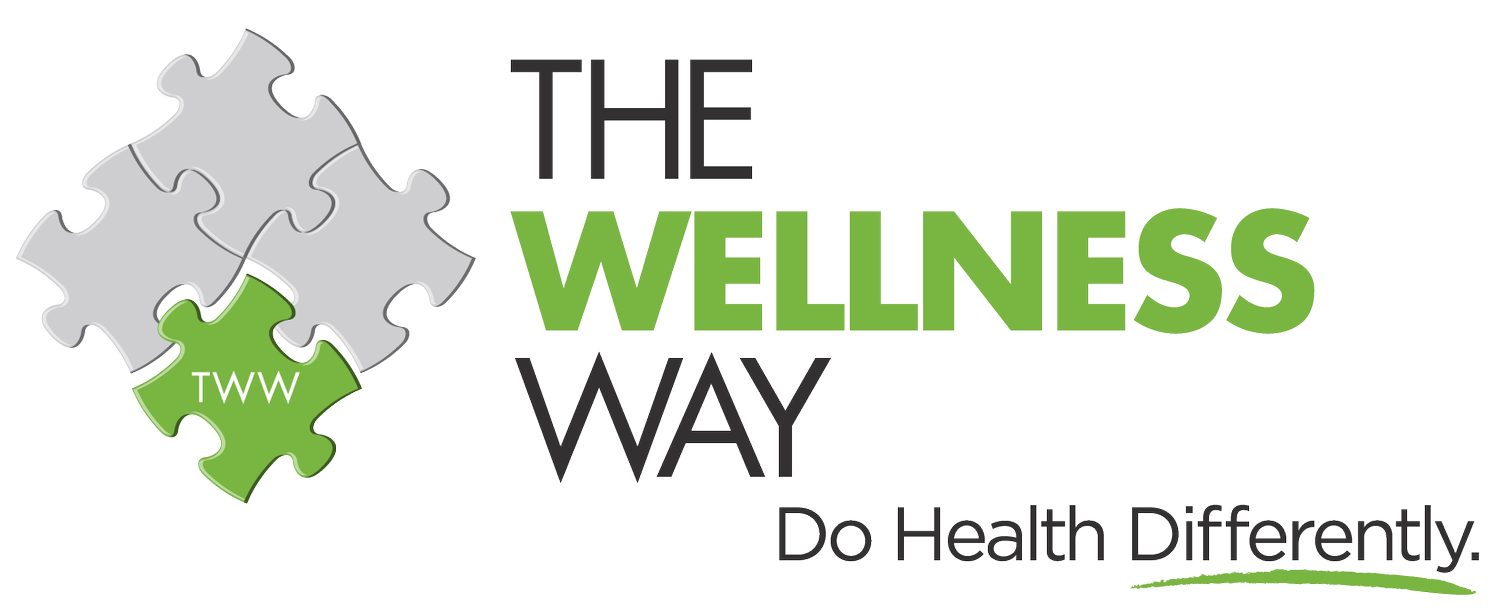What Happens When Your Baby Skips Crawling?
As parents, we all await those big “firsts” — first smiles, first steps, first words. Crawling, a milestone that sometimes gets less attention, is actually a foundational step in your baby’s growth. But what if your baby skips crawling altogether?
Here’s what the science says, and why this phase is more than just cute locomotion.
Crawling: The Brain’s Big Workout
Crawling isn’t simply about getting from point A to point B. When your baby crawls, their brain is working overtime. Crawling helps both sides of the brain communicate, building crucial connections that support balance, coordination, and cognitive growth.
Here’s how crawling supports your child:
Develops coordination between limbs and brain hemispheres (helpful later for handwriting, reading, and sports).
Strengthens core, arms, legs, and hands - setting the stage for sitting, walking, and other motor milestones.
Stimulates the senses as your child explores different surfaces, enhancing body awareness and spatial reasoning.
Improves visual tracking and depth perception, skills essential for reading and other learning tasks.
Builds fine motor skills (the foundation for feeding, dressing, and drawing).
What If a Baby Skips Crawling?
Sometimes, babies go straight to walking or scooting, never really crawling on hands and knees. Research shows there can be several impacts (depending on the child):
Poor coordination and weak core muscles can make tasks like sitting upright or holding a pencil harder.
Trouble with focus and attention as the brain may not develop some fundamental cross-hemispheric connections as easily.
Difficulty with reading, writing, or emotional regulation in some cases, though not every baby experiences these outcomes.
Delayed sensory processing and emotional self-regulation.
Not every child who skips crawling will face challenges, but these are some common patterns linked to bypassing this valuable developmental step.
Why Do Some Babies Skip Crawling?
There are several factors that may make crawling more difficult or cause it to be skipped:
Nervous system tension or stress, sometimes related to birth trauma or in-utero positioning, can make certain movements uncomfortable for infants.
Developmental imbalances, such as undiagnosed muscular weaknesses or primitive reflexes that haven't fully integrated.
Restricted movement—being in containers (bouncers, strollers) for extended periods or early walking due to environmental setup can limit crawling opportunities.
Early walking—some babies naturally progress to walking due to their own developmental trajectory.
The Role of the Nervous System (and How Chiropractic Care May Help)
Your baby’s nervous system is their central “control panel,” directing movement, growth, and learning. If a child skips milestones or seems delayed, supporting the health and regulation of their nervous system is key.
Chiropractic care and other gentle therapies may help:
Assess for nervous system stress, tension, or imbalances that could contribute to motor delays.
Address primitive reflexes and encourage healthy movement through specific, non-invasive adjustments or exercises designed for infants.
Support optimal brain-body communication, sensory integration, and milestone progression.
Worried your baby skipped crawling or isn’t meeting movement milestones? The good news is, it’s never too late to provide support that helps them reach their full potential.
At The Wellness Way Sarasota, we’re here to assess, support, and empower your family with natural approaches that nurture your child’s brain, movement, and mind.
Curious if your child could benefit from some extra support? Book a discovery call with us or send a message with your questions. We’re passionate about helping your children thrive—one milestone at a time!
Resources:
Pathways.org | The Importance of Crawling for Baby

